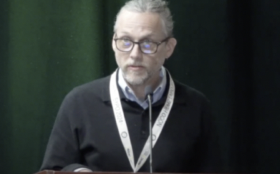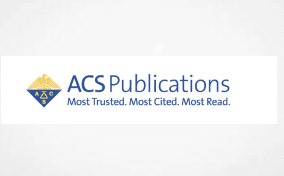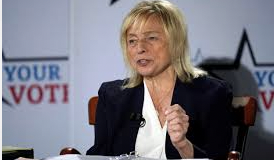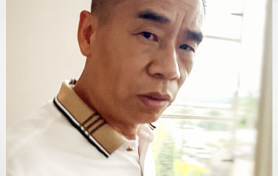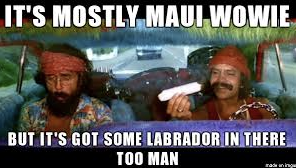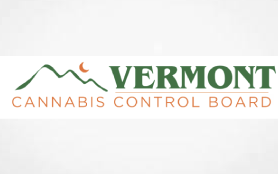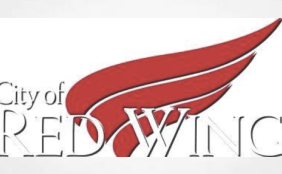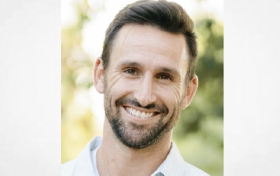WORCESTER, MA—The Cannabis Control Commission (Commission) hosted a virtual orientation seminar on Thursday, March 3 for participants of the third cohort of Massachusetts’ first-in-the-nation Social Equity Program. Cohort 3 is the largest Social Equity Program cohort since the program’s creation, offering benefits, training, and technical assistance to 450 participants.
The Commission first launched the Social Equity Program in 2018 in accordance with a state mandate that requires full participation in the regulated cannabis marketplace by communities that have been disproportionately harmed by prohibition. Participants who are approved after meeting one or more program criteria have the option of completing ongoing training along four, self-selected tracks:
- Entrepreneur: Those seeking licensure and ownership;
- Core: Those interested in cannabis careers at the managerial and executive level;
- Entry: Those seeking entry level positions in marijuana establishments or are entering the workforce with 0-2 years of experience; and
- Ancillary: Those with existing skills directly transferable to supporting cannabis businesses.
Cohort 3 continues to build on the previous two Social Equity Program cohorts, which graduated 143 in Cohort 1, and 280 individuals in Cohort 2, respectively. Of the 450 Participants who compose Cohort 3, 50.7% identify as Black or African American and 14.6% identify as Hispanic, Latino, or Spanish, while 72.3% identify as male and 26.1% identify as female. Additionally, 7.6% of Participants report to be farmers and 4.7% report Veteran status. Most Cohort 3 Participants are interested in pursuing training and technical assistance along the Entrepreneur track (85.2%), followed by Core (8.5%), Entry (2.9%), and Ancillary (2.2%) tracks.
“Seeing consistent increases in the number of Social Equity Program Participants over the first three cohorts makes clear that there is both a deep need for this program and its assistance, as well as the importance of the entire agency’s commitment to ensuring those harmed most by the War on Drugs can fully access this robust industry,” said Commission Executive Director Shawn Collins. “Across the agency, equity will continue to be a primary focus of our mission, and we will keep evaluating, enhancing, and adapting programming to make sure we meet participants where they are now, and help them get where they want to go in the Commonwealth’s regulated marketplace.”
Cohort 3 Orientation speakers included Commissioner Nurys Camargo and Executive Director Shawn Collins, who provided opening remarks, followed by a question-and-answer session with staff. Chairman Steven Hoffman and Social Equity Program Participant Aaron Goines then hosted a business planning seminar. Commissioners Bruce Stebbins, Ava Callender Concepcion, and Kimberly Roy also spoke throughout the day between presentations by Commission equity programming and community outreach, licensing, enforcement, research, communications, and government affairs staff. They highlighted the agency’s application and licensing processes, exclusive benefits and license types available to program participants, and ongoing research projects that explore the Commonwealth’s progress to achieve equity in legal cannabis.
Training and technical assistance coursework tailored to applicants’ individual tracks will begin later this year. Tracks incorporate both universal courses that all applicants can use to navigate the legal industry, as well as instruction specific to the Marijuana Establishment license type. Participants are empowered to seek courses based on their preference to own, manage, work within, or alongside cannabis businesses. The Commission has identified vendors to provide training for Cohort 3 and contacts are currently being negotiated.
In addition to training and technical assistance, upon program approval, all Social Equity Program Participants gain immediate access to expedited review by licensing staff when they submit a license application; certain fee reductions and waivers; and exclusive access to Social Consumption (when available), Marijuana Courier, and Delivery Operator licenses, as well as Microbusiness Delivery Endorsements, for at least a three-year period. Participants also benefit from a pre-certification process that enables the Commission to confirm an entity’s propensity to open one of the aforementioned business categories and assist with obtaining lease agreements, other local level approvals, and investment opportunities before they apply for a license.
To date, the Commission has approved 84 Social Equity Program Participant licenses, including 13 provisionally approved, 52 provisional licenses, and 19 final licenses, of which 15 have opened for business. Additional license applications continue to progress through the Commission’s review process with expedited status. Applying for a license is neither a program requirement nor a next step for participants in certain tracks.
The Commission will continue to utilize the online curriculum developed and implemented through TalentLMS during the COVID-19 public health emergency to ensure the agency meets its commitment to disproportionately impacted communities. The online format ensures training continuity and provides schedule flexibility that some participants require.
For more information about the program or the application, visit the Commission’s Social Equity Program FAQ or Equity Page at MassCannabisControl.Com/EquityPrograms, contact the Commission by phone (774-415-0200) or email (Equity@CCCMass.Com), or follow the agency on Facebook and Twitter.
###
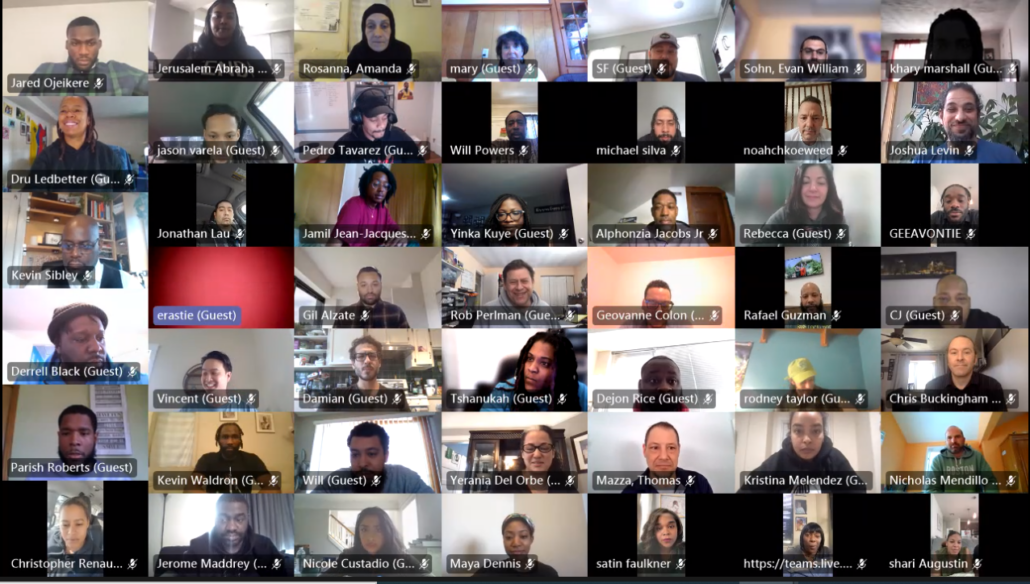
A portion of Social Equity Program Cohort 3 participates in the Cannabis Control Commission’s virtual orientation March 3
